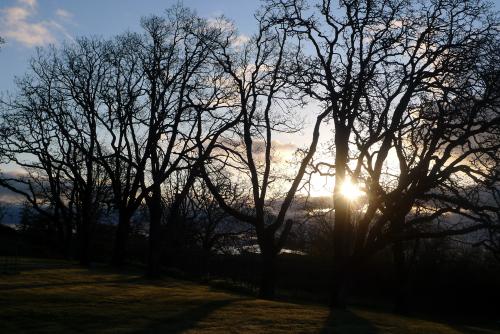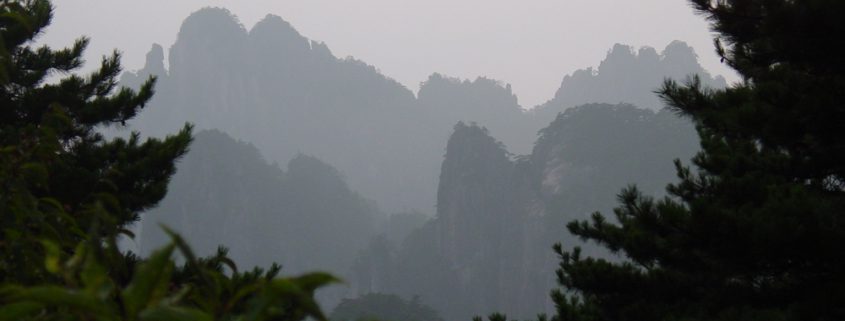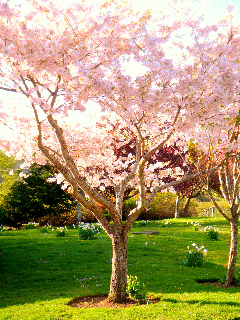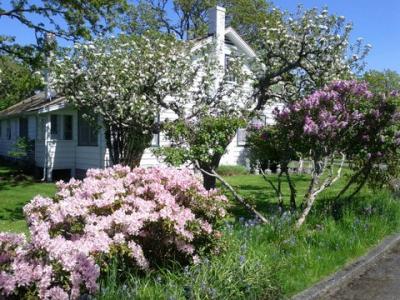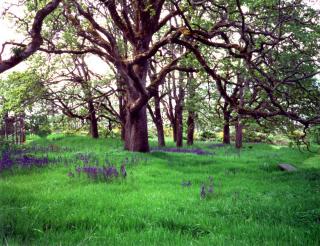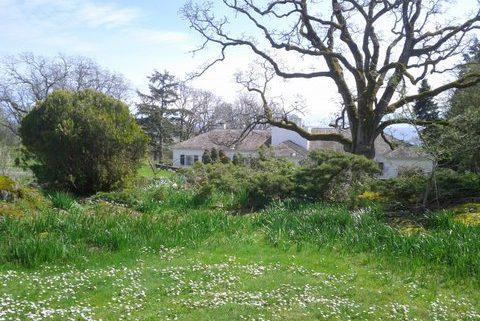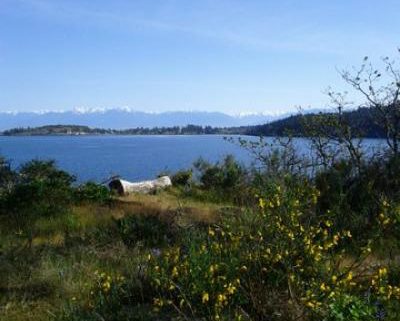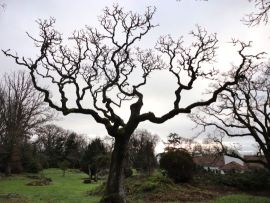The June Stillness Within Meetup….
Brought 12 people together to enjoy a recorded talk by Eckhart Tolle which drew out many themes that resonated with the group. The Denver talk explored the many ways that stillness invites us in – both in the small day to day joys but also in the more challenging expressions of life. Some of us have experienced the gradual reduction in thought that he described and more importantly, a shrinking identification as our thoughts.
Krishnamurti points out one of the gifts that freedom from thought can bring:
“To understand the immeasurable, the mind must be extraordinarily quiet, still.”
Eckhart points out that as we become more attuned to ourselves not as individual waves but as the entire ocean, we may begin to feel a flow from the wholeness of all that exists. When we are more identified as wholeness, we also may begin to recognize an essential beingness and beauty in others. Connection with others can be discovered or experienced as an expression of wholeness… And as Eckhart describes, we may begin to sense the universe discovering itself through our own awakening consciousness. Such a fun viewpoint – that one is being breathed by life, and lived by the universe!
April Eckhart Tolle Event
Stillness Within meetup in April featured a recorded talk “The Awakening Experience – Before and After”. The talk described Tolle’s understanding of the nature of experience. The talk focused on the unfolding of deeper consciousness and in his words “the liberation that comes when we transcend the limitations of a solely conceptual identity”. We had some interesting discussion afterward and a group awareness exercise. With a few new members joining in, it made for a wonderful Saturday afternoon in the gatehouse.
In Freedom from the Known, Krishnamurti points to the dropping away of identity and concepts in a very beautiful way:
“When you look at the stars there is you who are looking at the stars in the sky; the sky is flooded with brilliant stars, there is cool air, and there is you, the observer, the experiencer, the thinker, you with your aching heart, you, the centre, creating space. You will never understand about the space between yourself and the stars, yourself and your wife or husband, or friend, because you have never looked without the image, and that is why you do not know what beauty is or what love is. You talk about it, you write about it, but you have never known it except perhaps at rare intervals of total self-abandonment. So long as there is a centre creating space around itself there is neither love nor beauty. When there is no centre and no circumference then there is love. And when you love you are beauty.”
I love this expression – or love loves itself!

